Description
A classic work of American literature that has not stopped changing minds and lives since it burst onto the literary scene, The Things They Carried is a ground-breaking meditation on war, memory, imagination, and the redemptive power of storytelling. The Things They Carried depicts the men of Alpha Company: Jimmy Cross, Henry Dobbins, Rat Kiley, Mitchell Sanders, Norman Bowker, Kiowa, and the character Tim O’Brien, who has survived his tour in Vietnam to become a father and writer at the age of forty-three. Taught everywherefrom high school classrooms to graduate seminars in creative writingit has become required reading for any American and continues to challenge readers in their perceptions of fact and fiction, war and peace, courage and fear and longing.
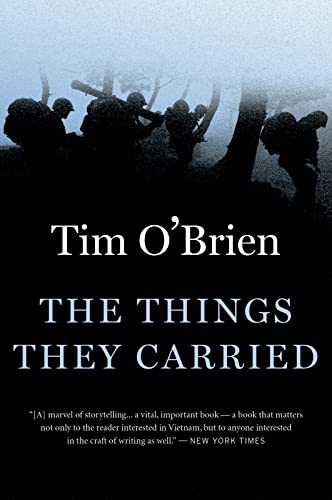


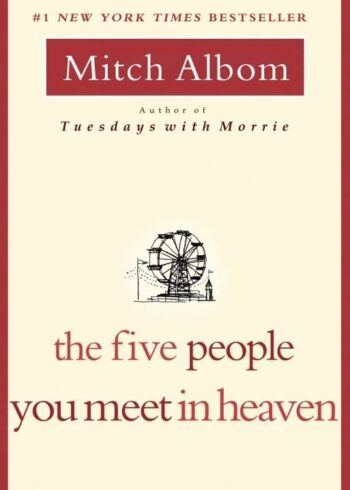
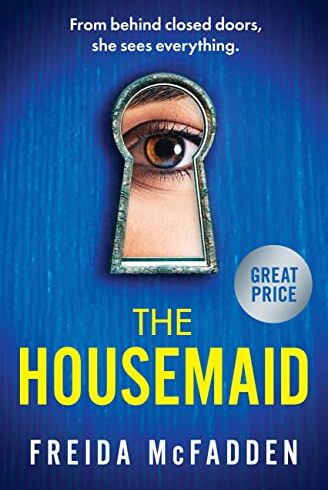

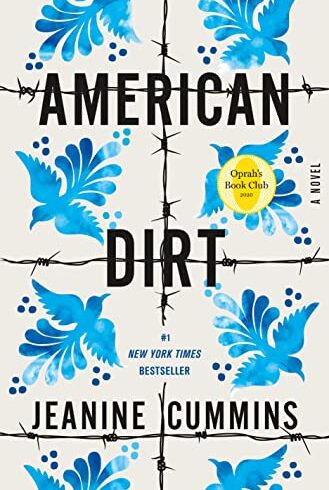




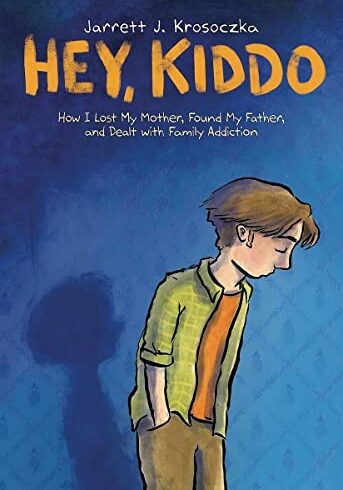
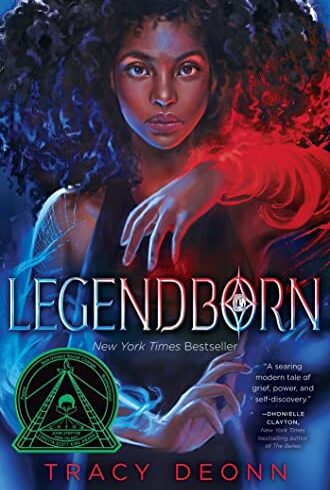

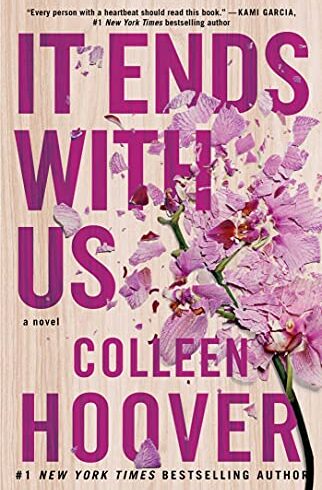


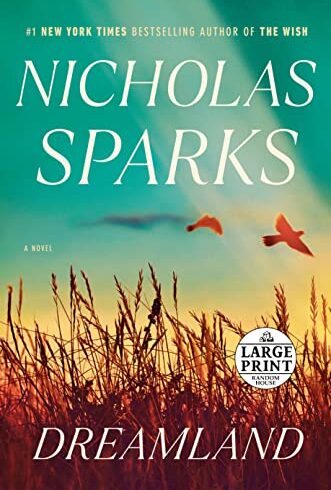

J. M. Alexander –
This is a brilliant and sensitive book about Vietnam. Although I wasn’t there, I served in the military during that period, safely stateside, and was glad to not go to a war that was so difficult to explain and justify. Nevertheless, I felt a sense of guilt for no other reason than that my peers were fighting and dying there. I have talked to others who stayed out of harm’s way while otherwise serving, and the same feeling was at least lurking in their psyche. Perhaps as a result, and having lived through a time when the country was torn apart by this distant conflict, I avoided the books and films that came out soon after the conflict ended. But as time passed, it became easier and appropriate to examine the experiences of those who were actually engaged in this misguided war., A couple of years ago I read “The Matterhorn”. Like this book, it is a novel, but one obviously based on the experience of the author who served in Vietnam. I found The Matterhorn quite compelling, and the recollection that sticks in my mind was of the terrible physical hardship, and the complete exhaustion of the troops. There was much more to the book, but that is what stayed with me. I found quite a different viewpoint in The Things They Carried., The book begins reciting the physical things that the troops carried- guns and boots and ponchos and rations and a myriad of supplies that necessarily weighted them down on their days and nights in the field. But it quickly became obvious that the title did not really refer to these tangible objects but instead to the emotional burdens that were much more weighty., For the author, dealing with such emotional burdens begins as he grapples with a decision to obey the draft or go to Canada. There is a wonderful chapter about his stay in a cabin near the Canadian border where, along with the aged proprietor, he contemplates his decision. He decides against leaving the country, but not out of an internal patriotism, but instead from a sense of shame if he failed to report. He did not want to disappoint his family and friends, and this fear of shame was much more compelling than the fear of war. Indeed, he would go to war and kill and maybe die, because he was embarrassed not to., This sense of shame, or embarrassment, also transferred to the battlefield. In fact, of all the things the soldiers carried, the most compelling was the fear of blushing. Men killed and died because they were embarrassed not to. Their acts of bravery were not a product of courage or valor, but from the fact that they were too frightened to be thought of as cowards. They also battled with the desire to be a good man in the midst of all the evil, to find justice amidst the dying. But war, whatever it is, is never moral-it does not instruct nor encourage virtue, nor suggest models of proper human behavior, nor restrain men from doing what they have always done. War is hell, but it is also terror and adventure and courage and discovery. The author also notes that war is nasty; war is fun. War is thrilling, war is drudgery. War makes you a man, war makes you dead. It can also be a rush, one may never feel more alive than when he’s almost dead., Amidst all the emotions, the book must also recount the grisly details of that combat, but it always seemed to me a story of emotion. And just as these men–actually boys– carried the shame of a judgmental society as their propulsion to fight and die, they acquired and returned with great burdens of guilt. This guilt was the thing they carried home, along with memories that they could not put out of their minds. These are probably the same memories that soldiers have always brought back, but those returning from Vietnam were perhaps the first to gradually discuss and try to deal with this emotional burden., The book tells a difficult and instructive story. It again raises questions and issue that were discussed at the time but have faded with other memories of those times. The author’s thoughts are timelessly pertinent:, That you don’t make war without knowing why. That Vietnam seemed wrong to him because certain blood was being shed for uncertain reasons. And that when a nation goes to war it must have reasonable confidence in the justice and imperative of its cause, because you can’t fix your mistakes. Once people are dead, you can’t make them undead., Simple expectations when young lives are at stake.
Robert J. Plumer –
I’m not sure when I first heard of this book as it’s one of those that always been around for years. Of course this has been around since the early 90’s so I guess it has been. Recently I read the authors memoir “If I die in a combat zone box me up and ship me home” which renewed my interest in the authors work. The clincher was seeing Tim O’Brien on the Ken Burns documentary on the Vietnam War which I found very interesting and compelling., The book is set in during America’s war in Vietnam with no particular year or place though some are mentioned throughout the book. The initial chapter (or I’ve seen described as vignettes) is self-titled “The Things They Carried” in which following a platoon in the jungles of Vietnam. Described are the significant characters you will hear more of throughout the rest of the book. Not only do we learn of the things they carried physically in great detail but also emotionally. They may all be in the same place or situation but as we learn further they do not all carry the same things., “The things they carried were largely determined by necessity. Among the necessities or near-necessities were p-38 can openers, pocket knives, heat tabs, wristwatches, dog tags, mosquito repellent, chewing gum, candy, cigarettes, salt tablets, packets of kool-Aid, lighters, matches, sewing kits, Military Payment Certificates, C rations and two or three canteens of water.” (page 2), Some of the things they carried were unique to the individual. The Platoon Leader, LT Cross, carried photographs of a girl he pined for but she did not return the same feelings. One soldier carried extra rations of peaches. Another carried a toothbrush, dental floss and extra soap stolen from a hotel while on R&R. Another always carried tranquilizers. Another carried condoms. Another had comic books. One carried a New Testament Bible. The list goes on., The first vignette serves as an introduction and a jumping off point to the other stories that follow. It doesn’t follow a hard plot line or flow in chronological order. One story maybe the author writing as a middle aged father revisiting Vietnam with his sometimes bewildered daughter. Then we look into the childhood of the fictional author, also named Tim O’Brien. The use of the author’s name as the focal character gives the book an impression of a memoir but it in reality it is not. I had recently read the author’s actual memoir “If I die in the combat zone” so I already knew it wasn’t but even I had to remind myself it wasn’t autobiographical. I have no doubt though the author drew upon his own experiences in writing this book., If one is expecting hardcore details of battles or gritty hardcore close combat this will probably disappoint although many details that are gory and unpleasant it doesn’t dwell on the bloodshed or heroics. It’s a series of vignettes using the Vietnam War as a backdrop and drawing on the different soldiers to tell a series of separate stories loosely connected. Some are more believable than others but it is fiction. One often gets the feeling of underlying themes that are not obvious on the surface and require more thought. I can see myself reading this again and seeing stuff I missed previously., I recommend this highly. Not just for those looking for books of war or combat but of excellent writing and storytelling. It makes you dive in and think about what you’re reading and into the minds and motivations of the characters. I already look forward to reading this again.
Hilary –
What a great book! I enjoyed being emotionally invested in the characters. The stories are great, but I’m still wondering how much is true.
Josh Mauthe –
Revisiting Tim O’Brien’s The Things They Carried after so many years, I was a little worried about how the book would hold up (not least because I had argued for its inclusion in my classes), but what I came away with more than anything else is a reminder of why I went through a phase of reading just about anything O’Brien wrote for a while. I had forgotten some details of the book – I had forgotten, for instance, the metafictional games O’Brien plays, setting up stories and then undermining them because fiction was the only way to convey the insanity of the war – but what had not vanished from my mind was the sheer impact of every story here. I first read O’Brien in a Vietnam War literature class in college, and his work is definitely on the “literary” end of the spectrum there (compared to, say, Ron Kovic’s searing but far less polished Born on the Fourth of July), but that craft serves to let O’Brien explore PTSD, survivor’s guilt, the insanity of war, and the chaos around Vietnam, from purpose to war to meaning to what it says about the soldiers involved. It’s an intense, draining book, but one whose honesty is all the more palpable because of its fiction. When I was growing up, it felt like there were so many books about Vietnam (that could have been my very hippie-influenced upbringing, too), but in a time where that war seems to have faded for many of my students, I think The Things They Carried is as essential as ever – a reminder of what war really is and what it does to those who are thrust into it.